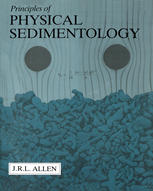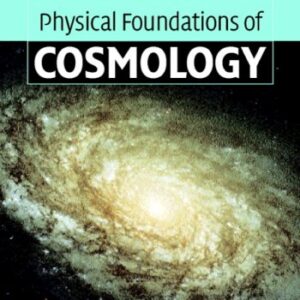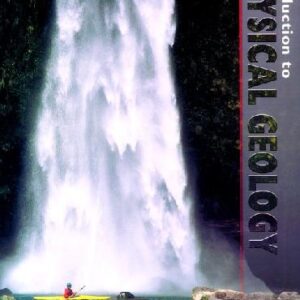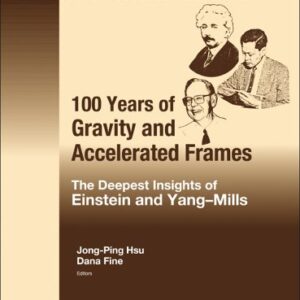apparatus is generally not required for the making of My aim in this book is simple. It is to set out in a logical useful sedimentological experiments. Most of the equip? way what I believe is the minimum that the senior ment needed for those I describe can be found in the kit? undergraduate and beginning postgraduate student in the Earth sciences should nowadays know of general chen, bathroom or general laboratory , and the materials most often required – sand, clay and flow-marking physics, in order to be able to understand (rather than substances – are cheaply and widely available. As form merely a descriptive knowledge of) the smaller? described, the experiments are for the most part purely scale mechanically formed features of detrital sedi? ments. In a sense, this new book is a second edition of qualitative, but many can with only little modification my earlier Physical processes oj sedimentation (1970), be made the subject of a rewarding quantitative exer? which continues to attract readers and purchasers, inas? cise. The reader is urged to tryout these experiments much as time has not caused me to change significantly and to think up additional ones. Experimentation the essence of my philosophy about the subject. Time should be as natural an activity and mode of enquiry for has, however, brought many welcome new practitioners a physical sedimentologist as the wielding of spade and to the discipline of sedimentology, thrown up a hammer.






Reviews
There are no reviews yet.